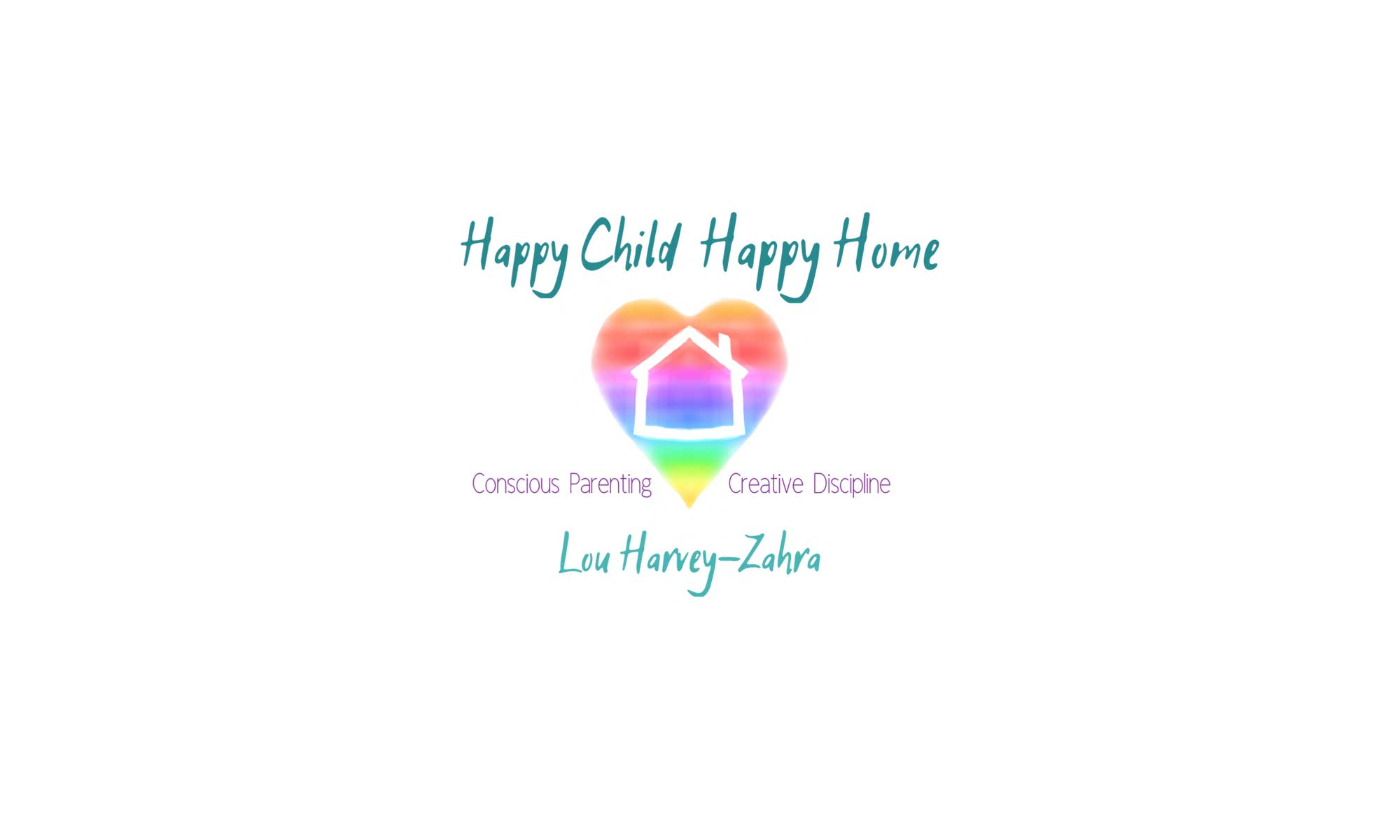Creative Discipline Tips – Sharing
Sharing is not a natural tendency for two year olds. An attachment can be very strong to personal toys; I liken it to an adult getting a new car and a friend grabbing the keys to go for a drive!
Arguing has started over a toy. What to do?
Make sure that if a toy is popular in your home, that you have two of the same toy for siblings or play dates (a second toy can be bought from an opportunity shop).
Encourage toys that do not require such strong ownership: a sand pit with a variety of old cooking pans and spoons, a car mat with a variety of toy cars. A play kitchen with many little baskets and items from nature. These toys encourage social interaction and language development skills too.
Find another similar toy which can be included in the turn taking game if available.
Role-model how to ask for a turn, ‘Please may I have a turn?’ and encourage the children to share. Praise when you see this behaviour.
Role-model a solution for the children. This solution can include a game with a timer, so turns can take place when the timer rings (the oven timer will do). If a timer is not available, use a watch or clock. Get the child to say when the hand is on the next number.
To decide the turns, the child who had it first goes first. If this in unclear, a game of, ‘Which hand holds the object’ is a fun way to decide (the longest stick, or heads and tails).
If these strategies do not work, tell the child who owns the toy, ‘Take turns or put up high as a special toy.’ If not owned, state, ‘Take turns or I will put the toy up high’.
Practice the art of sharing in a fun way at home with your child at home. Teddy can join in with this game, “Teddy would like a turn on the drum, thank you, and now it is ….. turn again, great sharing, well done!” Young children can find this amusing; teddy can also ride a scooter and share some snacks (with your help!).
Make sure you share with your child, be a role model.
If turn taking is not possible, re-direct to a more neutral activity (make a den under the table with a big cloth, or play outside).
Before a child has a play date at home, go through his toys and allow him to put his ‘special’ toys in a cupboard, only keep out the toys he is happy to share. This can solve a lot of play date issues. If arguing begins, ask the child, “Is this a special toy and shall we put it up high?” Explain simply to the friend, “Do you have special toys? What are they?” “This is a special toy too; let us find something else to play with.”
If play dates at home become meltdowns, plan to meet up with friends at the park or neutral play locations. At home, keep play dates short and consider inviting only one friend at a time, where possible.
State simple family guidelines, in an age appropriate manner. “We are all friends in this house, we treat each other kindly.”
Tell a story, out of the heat of the moment, to spread the message of sharing skills. The cat that learnt to share his double cat bowl, or a story from your own childhood, where you learn to share.
Talk about sharing before a social event, in a fun and light way. Praise great sharing examples at night time, before bed. Allow your child some special toys and encourage the skill of sharing with the rest, good luck!
After being shown turning taking ideas by adults, young children – once old enough – can instigate a solution for themselves over time. When squabbles arise, the adult can say, ‘Work it out together, think of a way that makes you both happy.’ It is lovely to see them come up with an idea.
For many more real life scenarios refer to Lou’s book, ‘Turning Tears into Laughter: Creative Discipline for the Toddler and Preschool Years’, published by Five Mile Press. This book can be purchased on Lou’s parenting website www.SkipToMyLouParenting.com.



 What a smile!
What a smile!